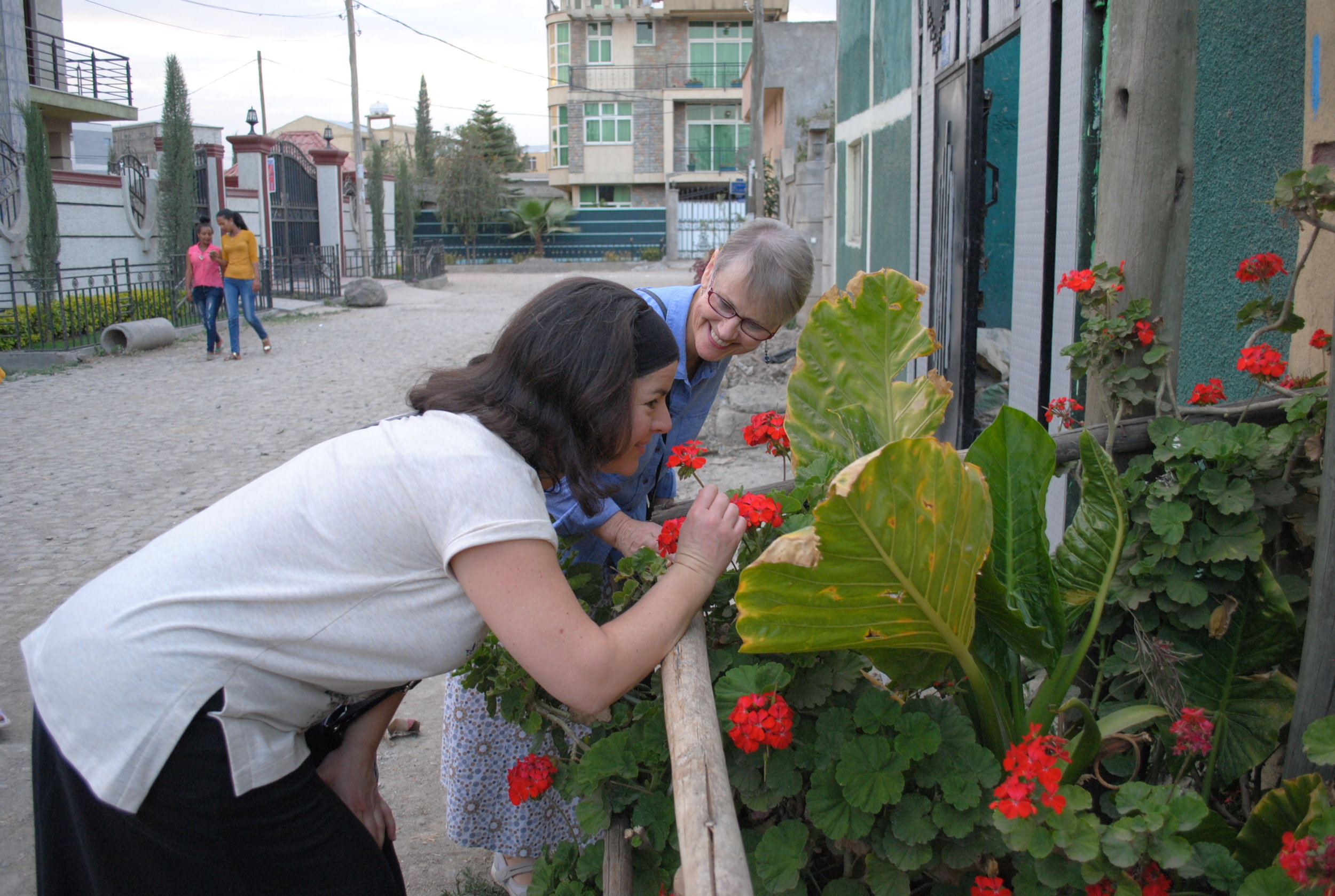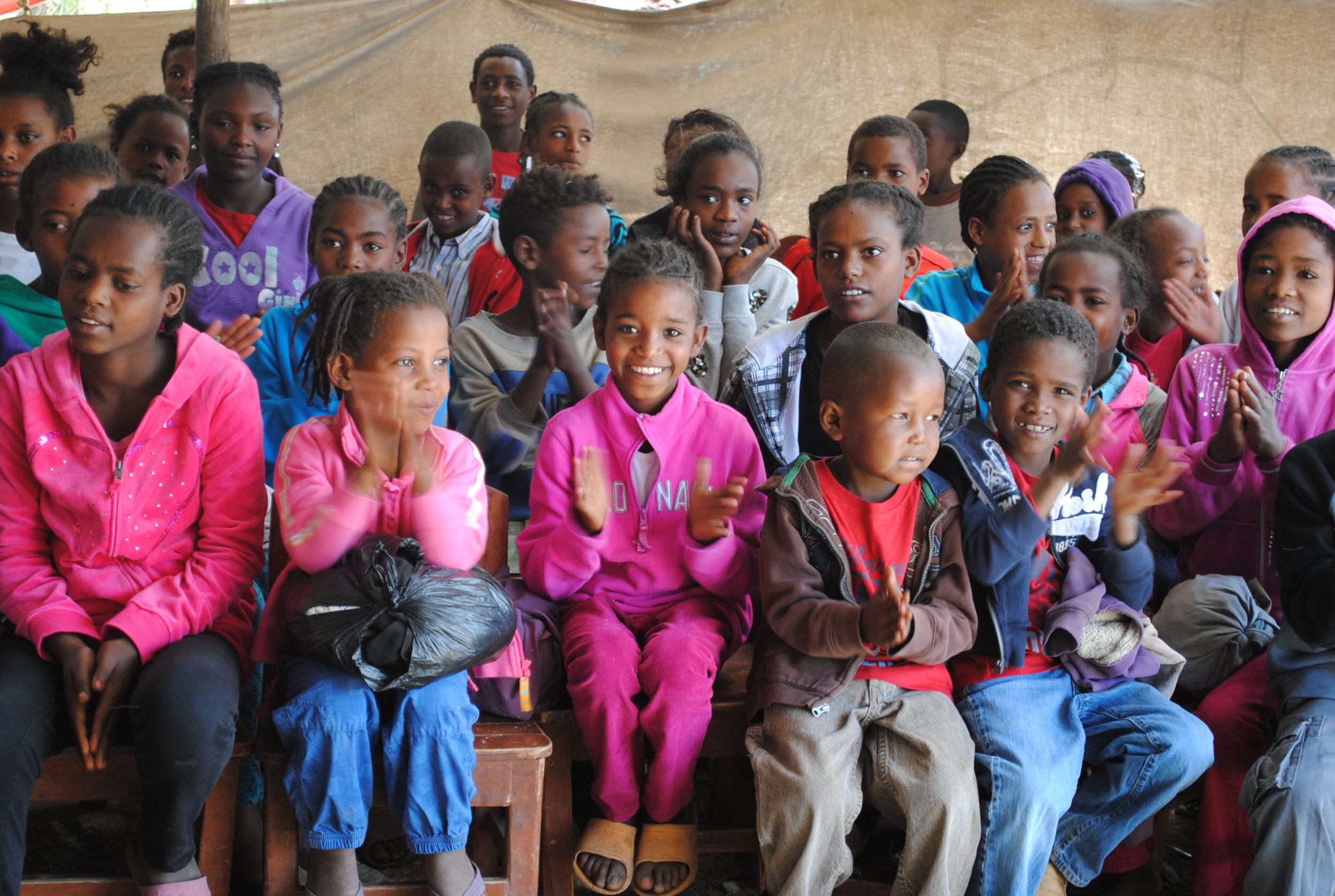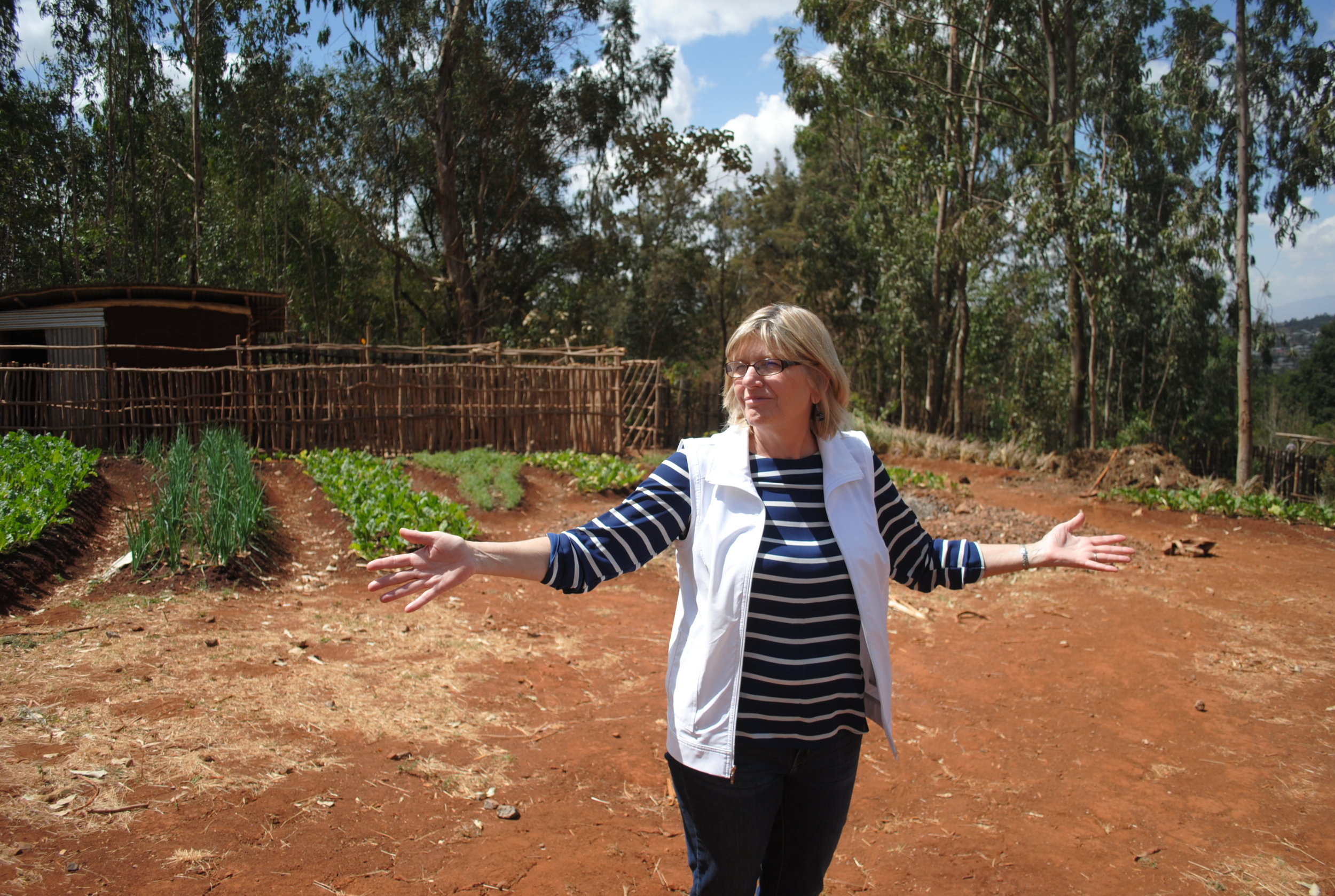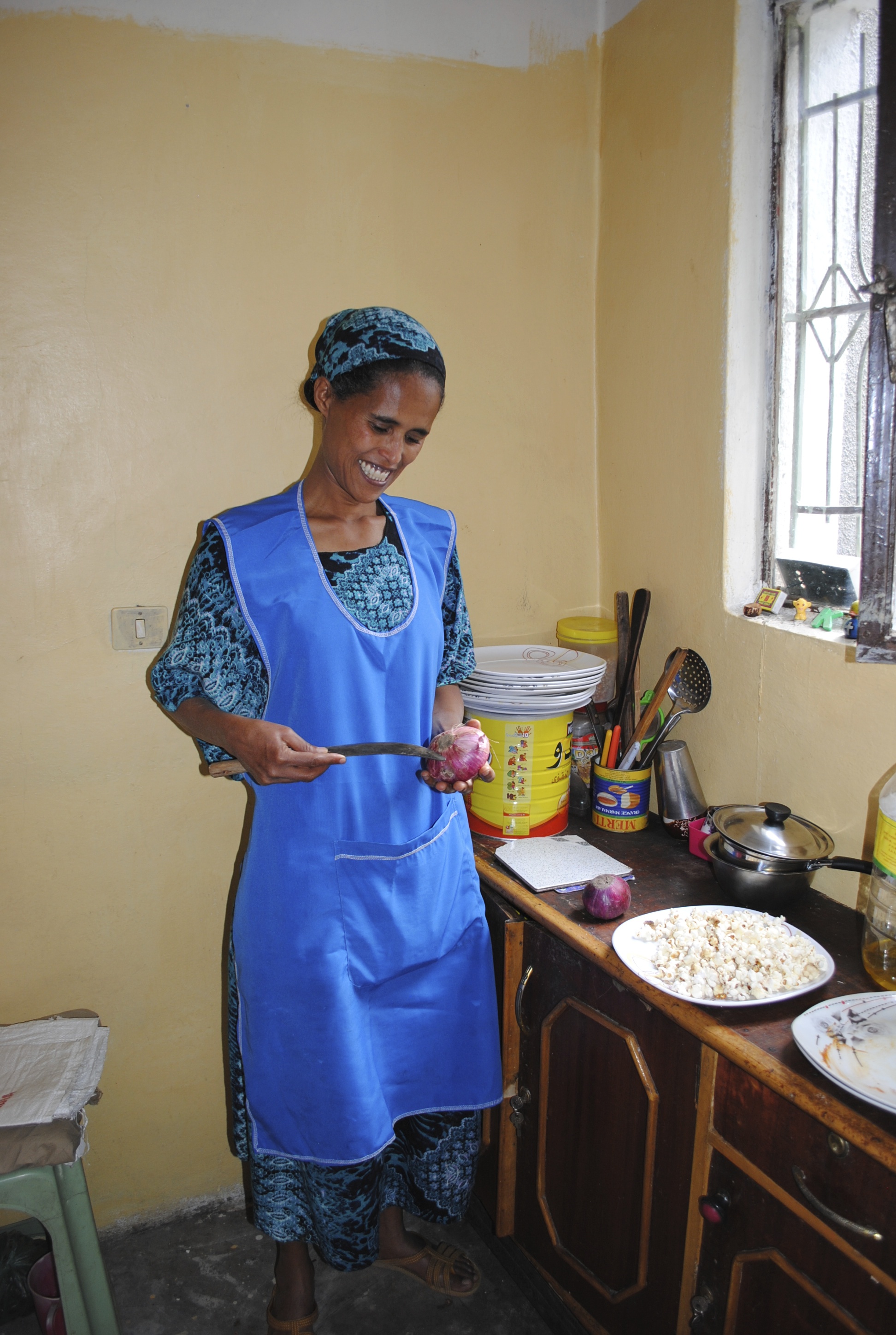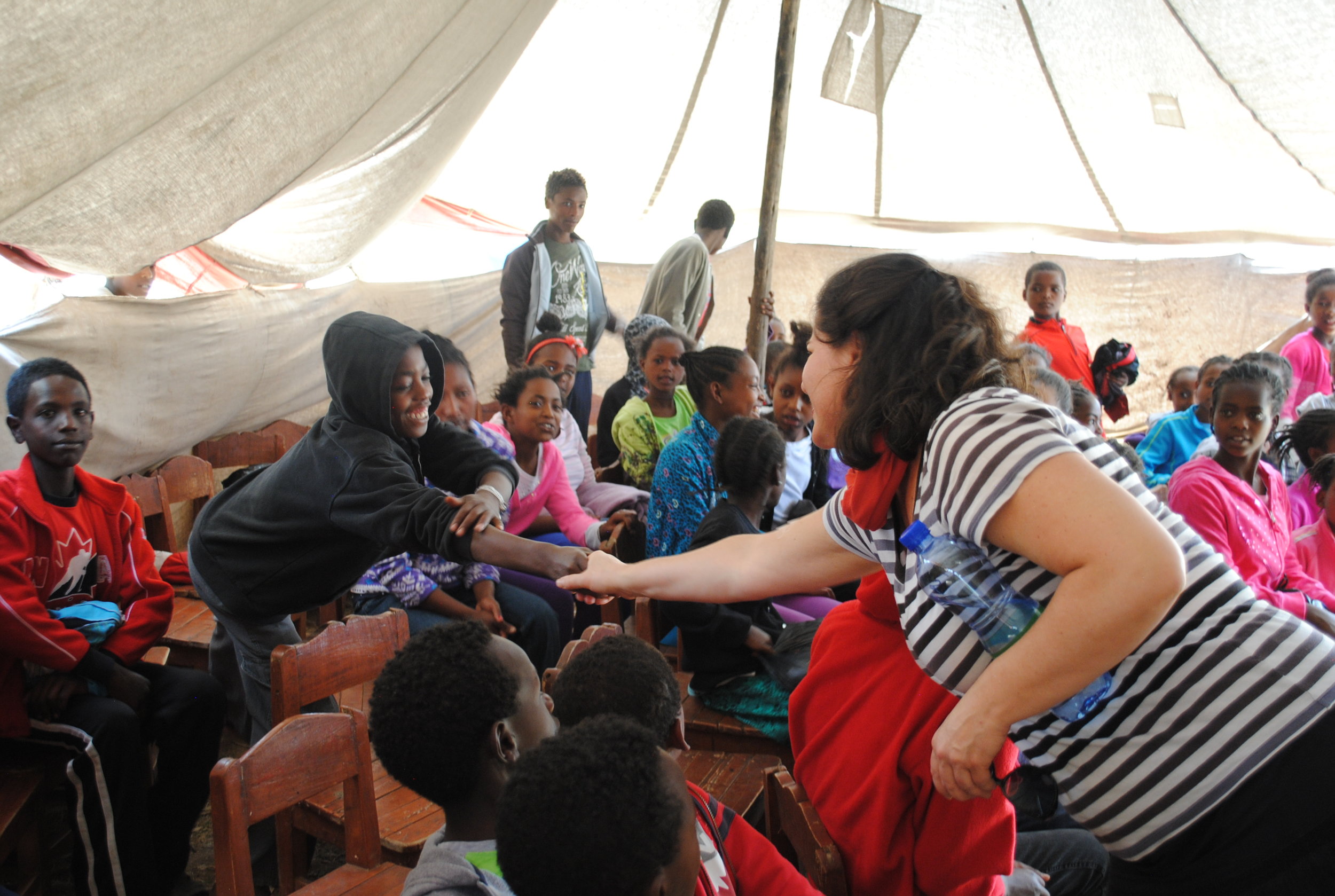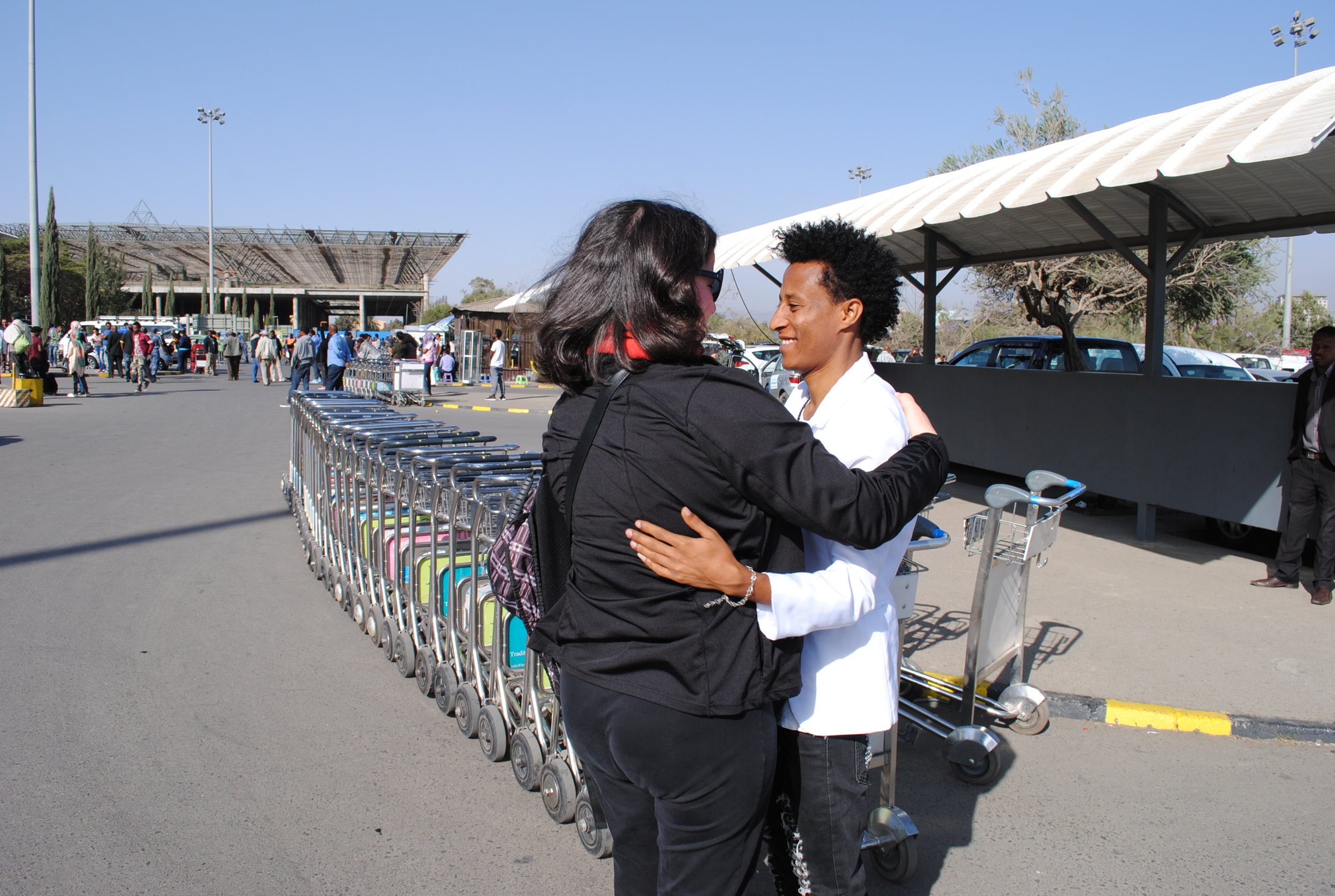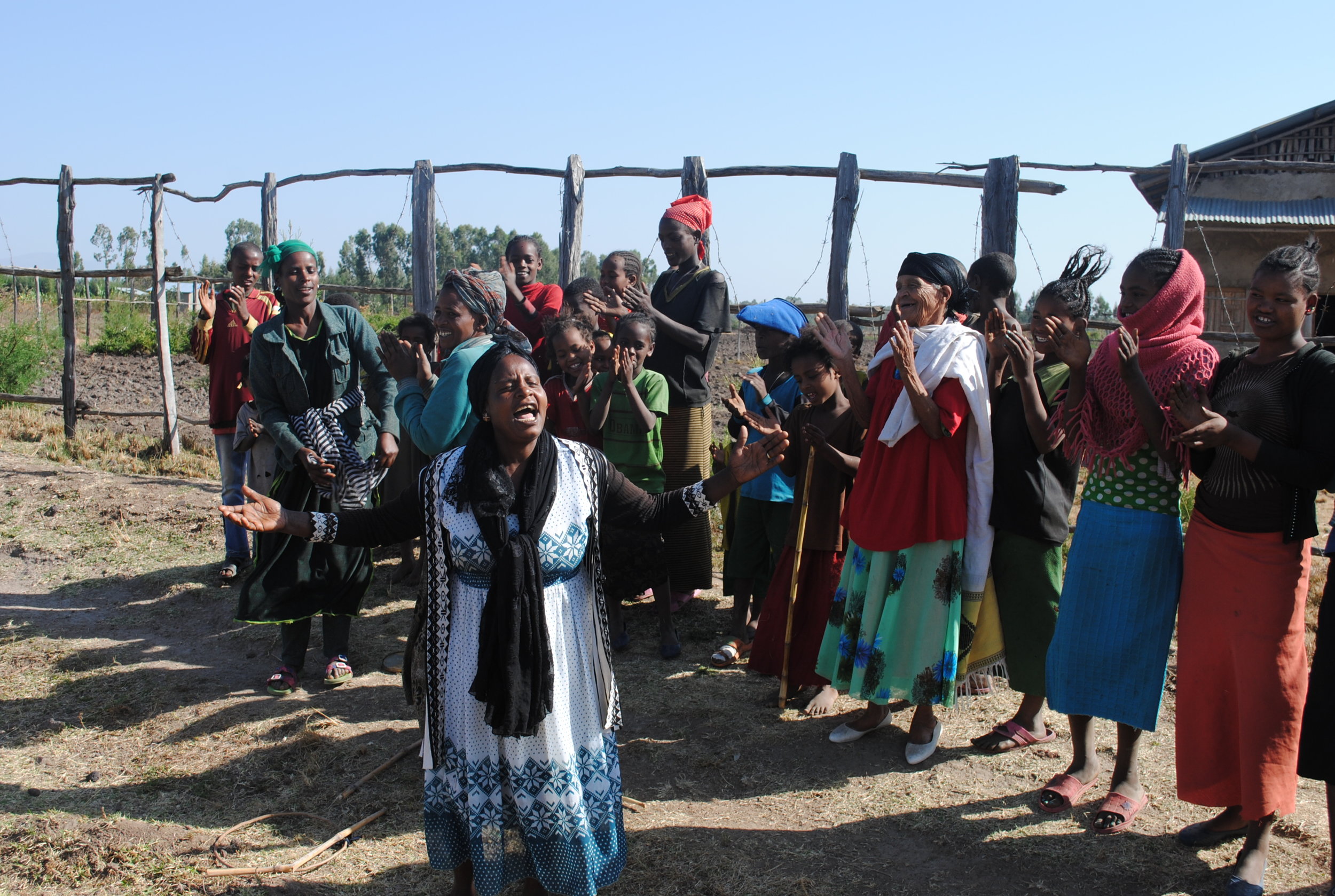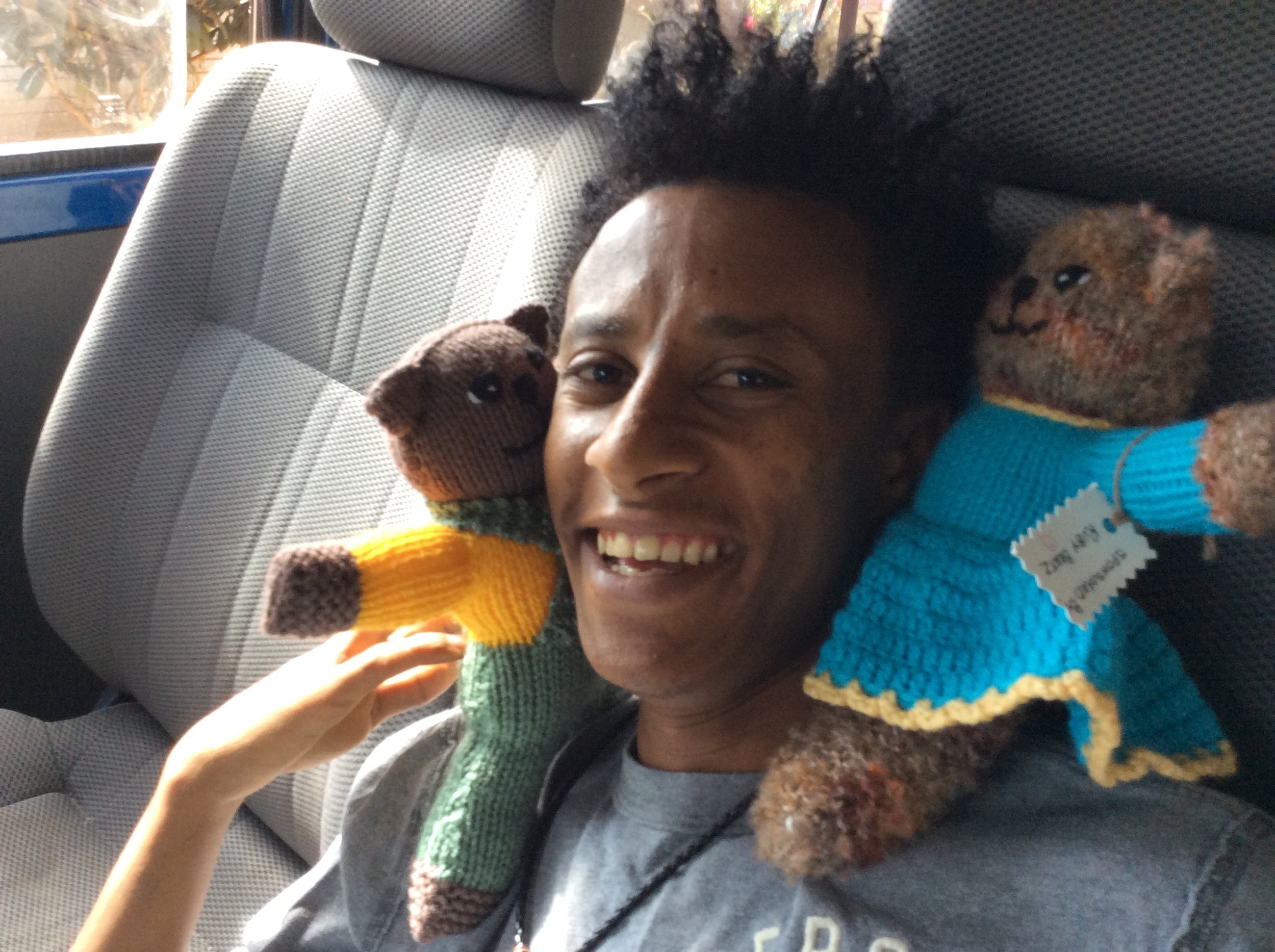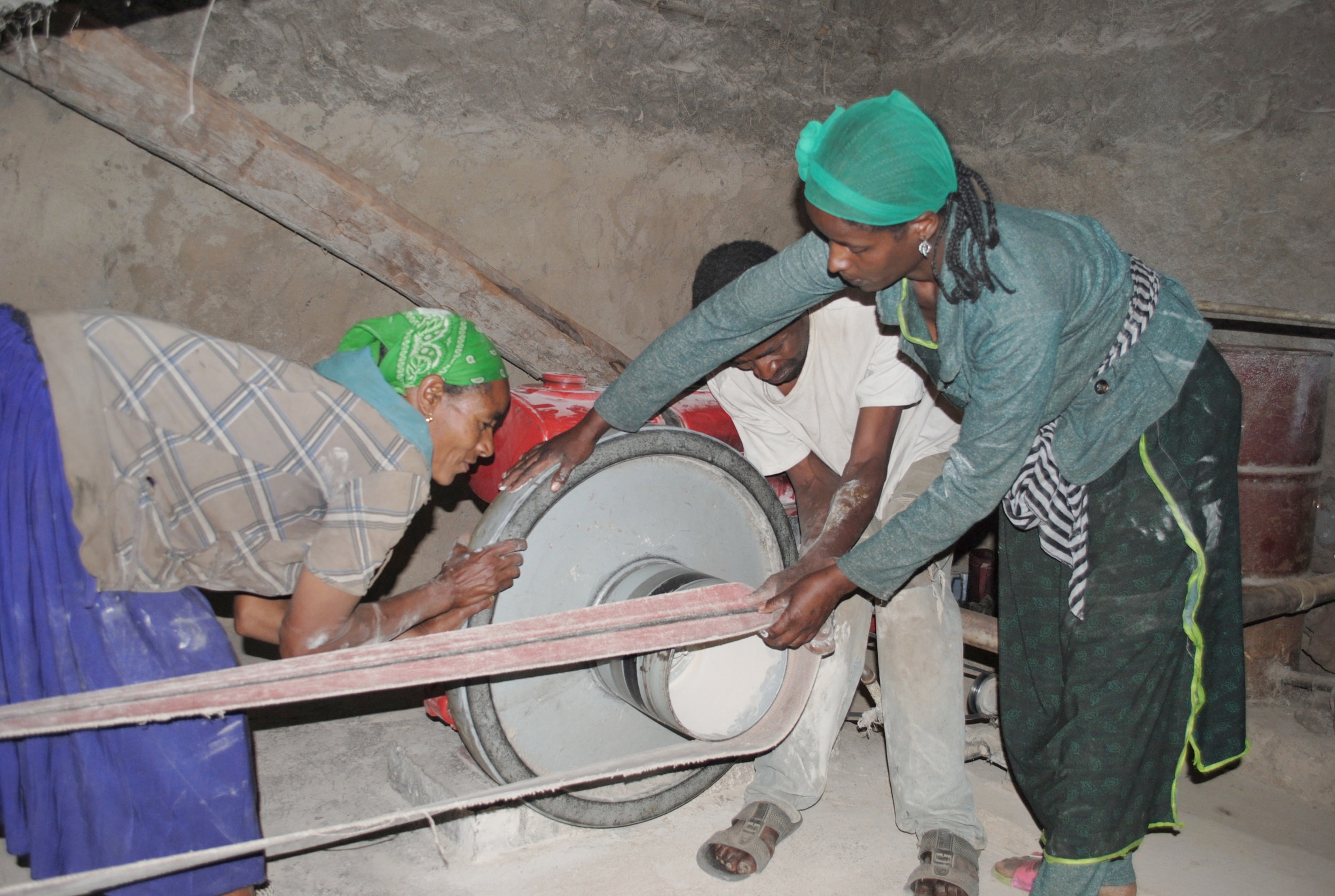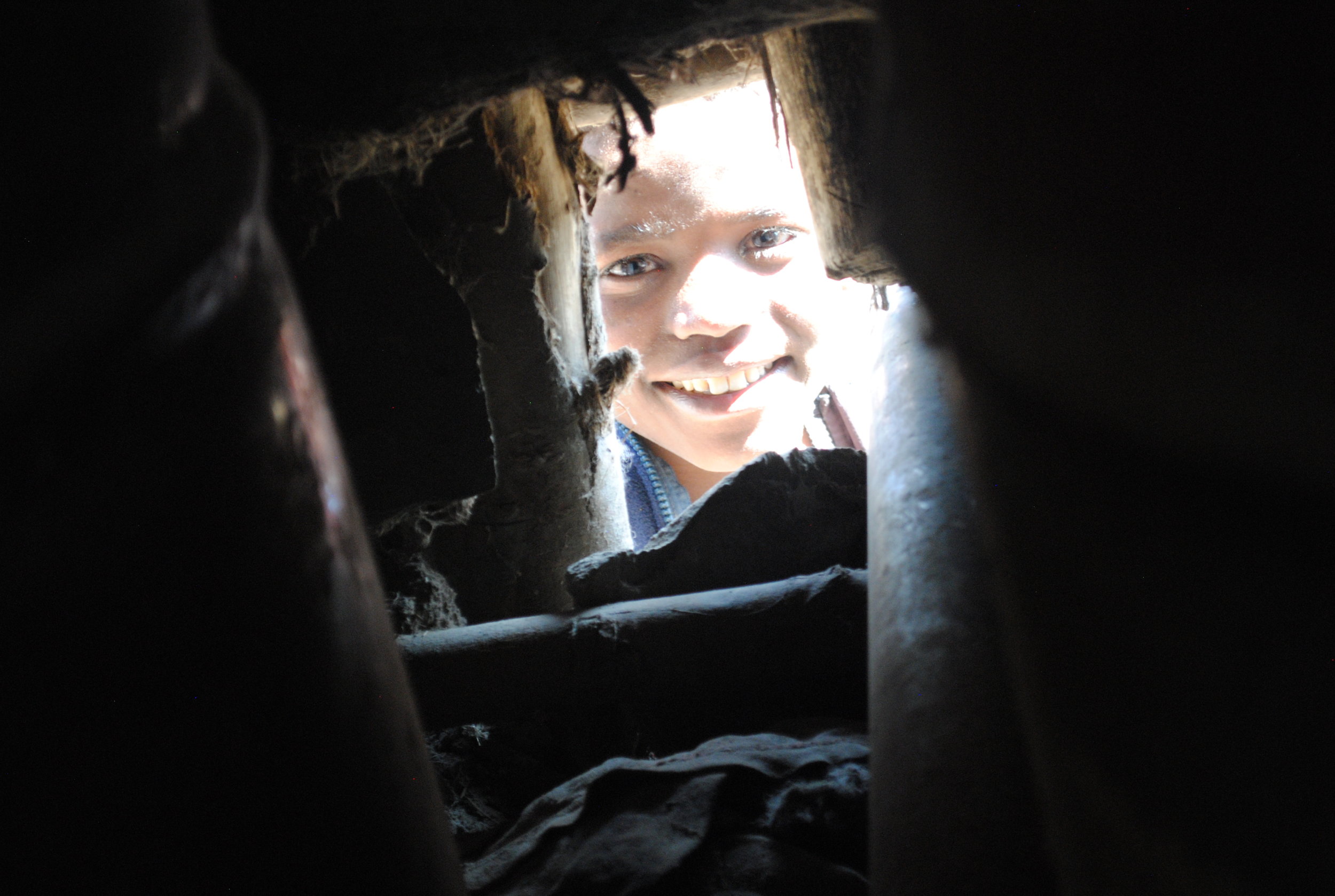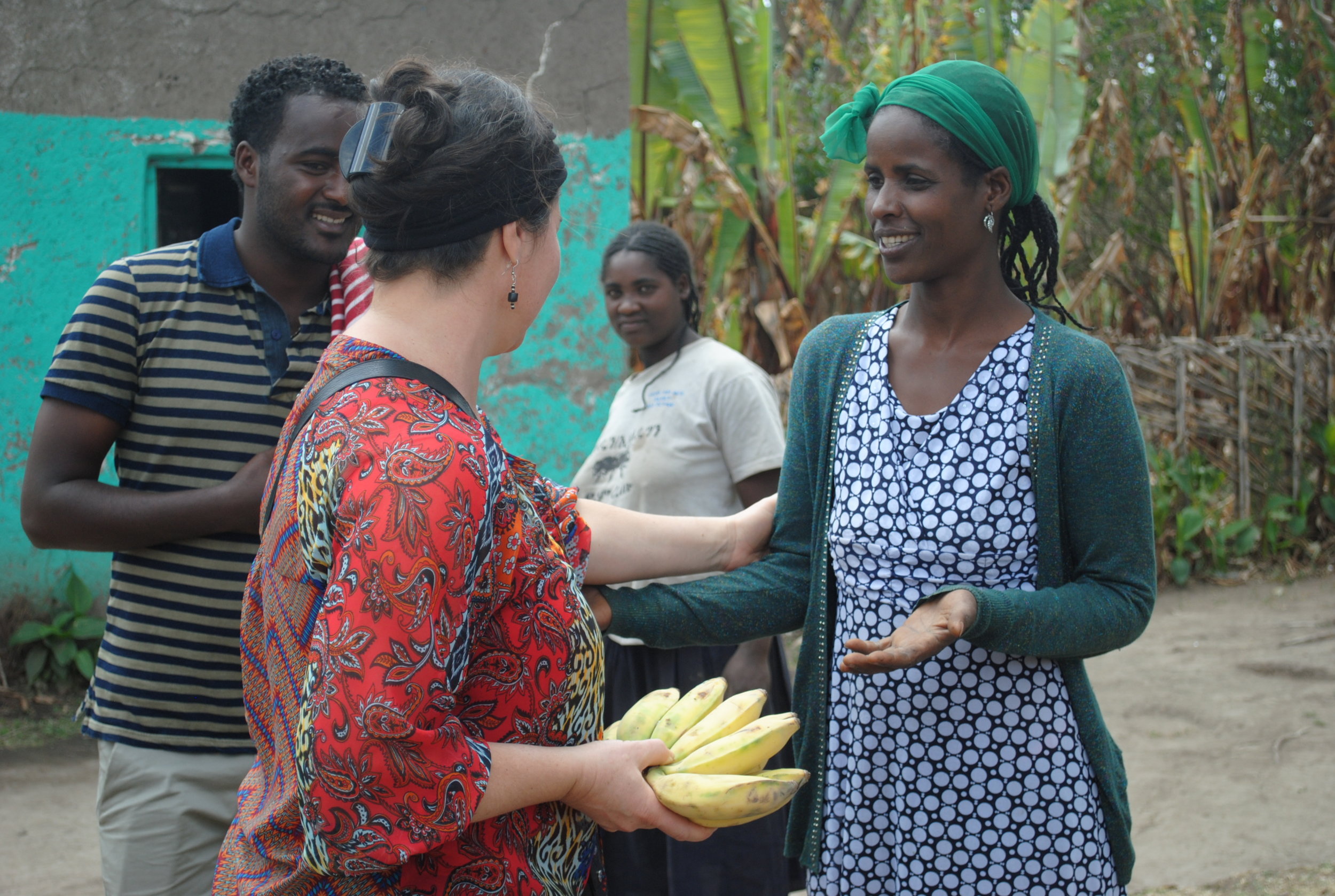There is hope to be held and happiness to be found, even in the darkest of times.
Nowhere is that more evident than the rural villages of Soddo, Ethiopia, where we met strong and resilient mothers, joyful children, and communities that band together to perservere through trying times.
It's far from easy. Women are often faced with the burden of caring for multiple generations without the space, water or resources to do so. Children can't afford to go to school, or lack the clothing needed to get there. Though strides have been made, many women are still birthing their children at home and dealing with the painful and isolating consequences.
There are so many stories – both of horror and hope – that it will take us until the next trip to share them all! If you came to Gems & Java, you would have heard some of these touching updates.
For now, enjoy a small sampling of the tales from Addis Ababa and Soddo, Ethiopia. Meet the incredible people that Mothers with a Heart for Ethiopia is able to support. And feel their immense gratitude for your contributions, no matter how big or small. This is the kind of thankfulness that leaps off the page.
One of the things that touched us all most deeply was the sense of love we felt, everywhere we went.
At one point, Shelley remarked, “it doesn’t take much for people to love you in Ethiopia.” Her son, Tilahun, who lives in Addis, said that a simple smile between passing strangers is enough to earn love.
SERKALEM, who works at the WRAPS project, is so grateful for the employment opportunity and all the support she has found there:
“This is just the beginning. My aim is big, my future is big.”
Serkalem hard at work making washable, reusable, affordable pads (WRAPS) at the Wolaitta Village facility.
YENEALEM, an athletic scholar in the Girls Gotta Run program, has not only gained energy and life skills knowledge, but a social network:
“Before I joined this group I didn’t have friends. Now I have many best friends.”
And Yenealem’s mom has a dream for her daughter.
“I wish for her to help others once she’s done.”
Marcella showed the MWAHFE team around a new space that's under renovation on the Busajo grounds. The team hopes to house and rehabilitate vulnerable women.
MARCELLA, one of the founders of the Busajo program, which offers a safe haven for children living on the street and works to reunite them with their families:
“When you take children from the street, they think this is what life is like. But it’s just a passage.”
Because the program is so strict about the children they will accept – a commitment to education and to building a new life off the streets must be demonstrated first – the Busajo model is incredibly successful, including a 90% and higher reunification rate.
“You have some hope you can change their lives,” Marcella said.
NIGATE, the leader of the Spice Grinder project.
This was one of the very first MWAHFE ventures that has since grown to become a model for female empowerment and employment in the area.
“What you promised to us, you actually delivered."
She’s determined that the group will continue to grow and flourish, including gardens around the spice grinder facility, maybe a bathroom, perhaps even a vehicle!
“We are not saying ‘please help us.’ We said that the first time, with the first stage. But now we are saying ‘you will see.’”
“What you promised to us, you actually delivered.”
WHALEN, a teacher at Gallo Shanto school, which is home to a number of very poor students – and teachers:
“What you tell us (through your actions) is that people have time for Ethiopia. People, regardless of colour or differences, can become one. You have shown us through the work you do. It is powerful.”
The school and its staff are so deeply grateful for the help of MWAHFE. But Whalen also told us that the school will not become dependent. She is certain that one day we will be partners, because she believes that poverty will be defeated.



